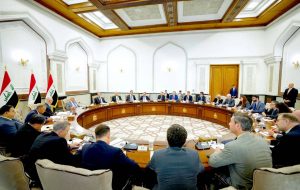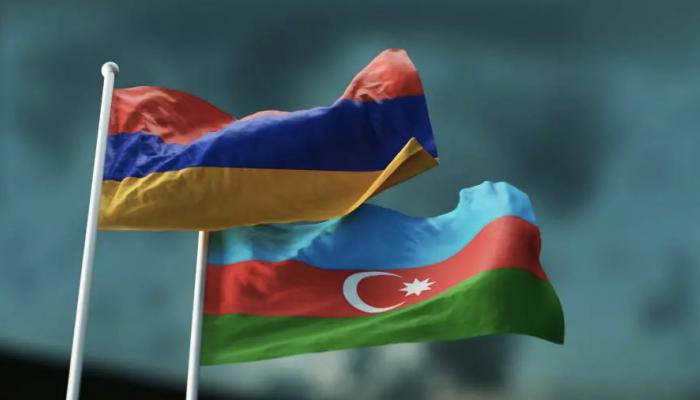After months of negotiations on a peace agreement, the disputed republics of Armenia and Azerbaijan in the South Caucasus published the text of their peace agreement. Armenian Prime Minister Nikol Pashinyan and Azerbaijani President Ilham Aliyev simultaneously released the 17-article agreement. The agreement stipulates mutual recognition of sovereignty and territorial integrity within existing borders. Pashinyan and Aliyev signed the agreement at the White House last Friday in the presence of U.S. President Donald Trump. The agreement still requires ratification by the parliaments in Baku and Yerevan to take effect. This is not an issue for President Ilham Aliyev, who governs Azerbaijan with a strong grip and no opposition. However, in Armenia, which operates under a democratic system and has witnessed repeated mass protests against Prime Minister Pashinyan, success is uncertain.
Many Armenians, especially around 100,000 displaced from the Nagorno-Karabakh region retaken by Azerbaijan in a short war, accuse Pashinyan of betraying the country during negotiations. The published text lacked signatures or dates and contained blanks. It commits both parties to peaceful coexistence, plans to resume diplomatic relations once the agreement takes effect, and pledges cooperation in investigating missing persons, withdrawing lawsuits, and refraining from further claims for compensation or financial reparations. Armenia, predominantly Christian, and Azerbaijan, predominantly Muslim, have long been adversaries, centered on the Nagorno-Karabakh region, which is geographically inside Azerbaijan but has an Armenian majority. After the Soviet Union’s collapse in 1993, Armenia occupied large parts of its neighbor’s territory to protect the Armenians of Karabakh. Over the following decades, oil-rich Azerbaijan, led by Aliyev, strengthened its military capabilities, expelled Armenian forces in 2020, and regained Nagorno-Karabakh in 2023.
Since then, Armenia has faced a severe political crisis, and more than 100,000 Armenians from the region have fled to their homeland.













Recommended for you
Exhibition City Completes About 80% of Preparations for the Damascus International Fair Launch
Talib Al-Rifai Chronicles Kuwaiti Art Heritage in "Doukhi.. Tasaseem Al-Saba"
Unified Admission Applications Start Tuesday with 640 Students to be Accepted in Medicine
Egypt Post: We Have Over 10 Million Customers in Savings Accounts and Offer Daily, Monthly, and Annual Returns
His Highness Sheikh Isa bin Salman bin Hamad Al Khalifa Receives the United States Ambassador to the Kingdom of Bahrain
Al-Jaghbeer: The Industrial Sector Leads Economic Growth